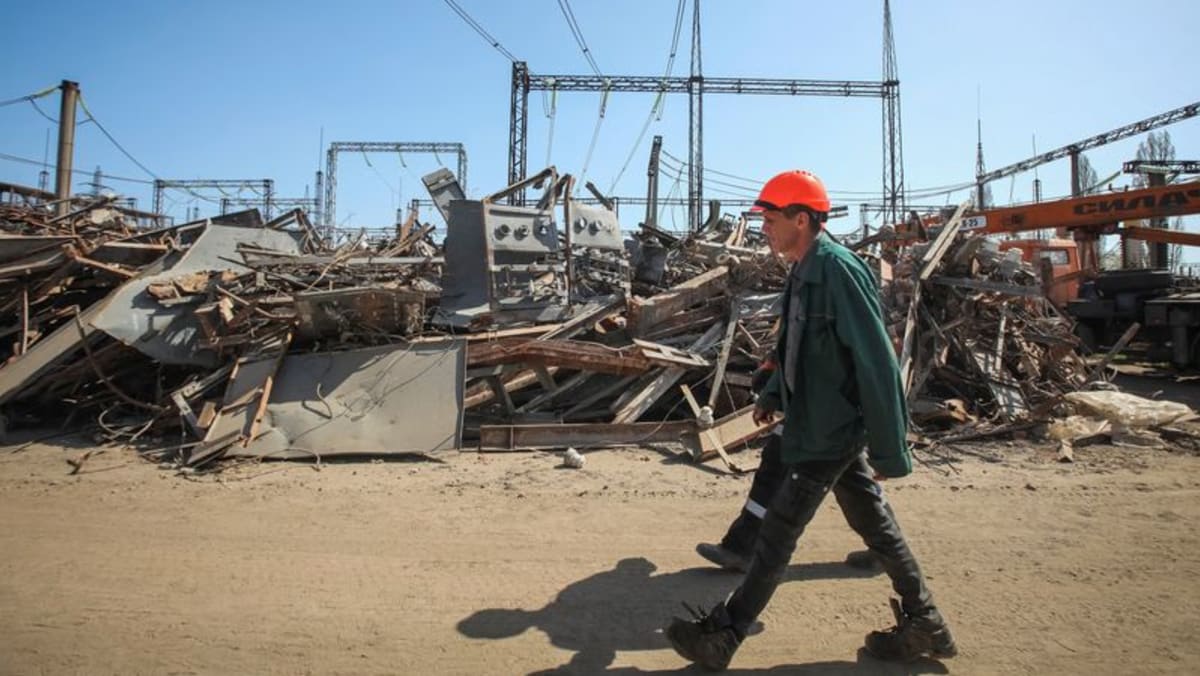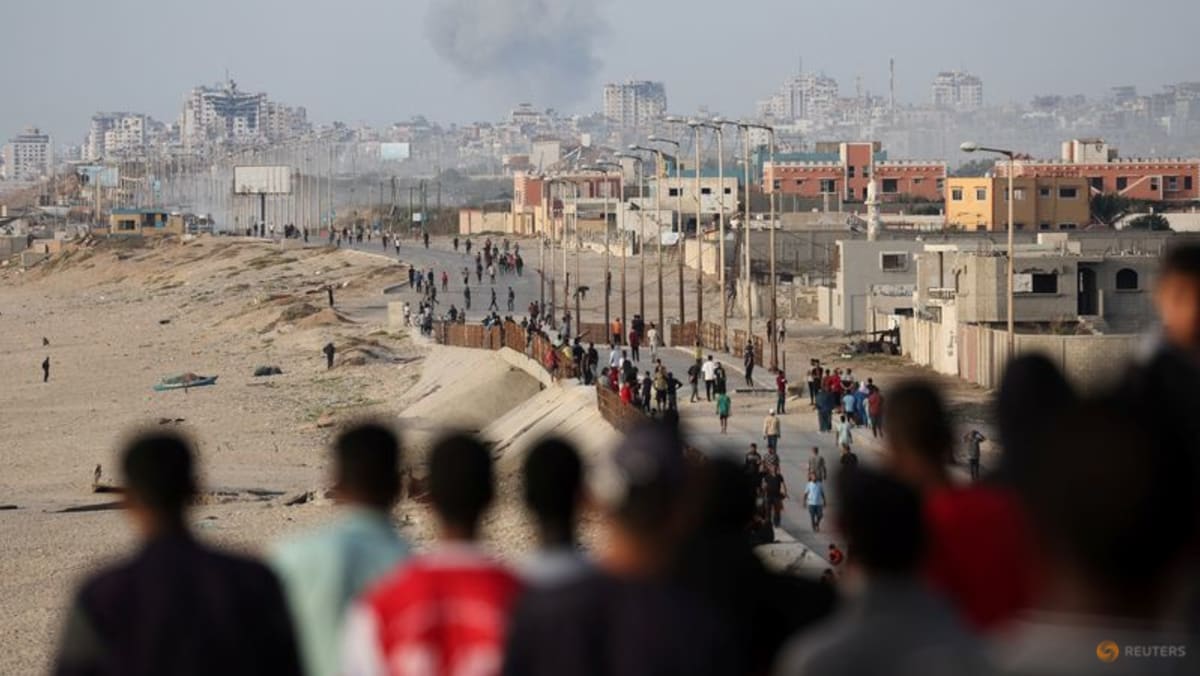NEW YORK: Three years after a man hurled racially charged names and spat on Ms Esther Lee during a subway commute, the Asian-American is considering leaving New York City.
Ms Lee, a school administrator, had recorded the encounter on her mobile phone. It left her suffering from panic attacks and uncontrolled crying about three days later, as her body began to physically manifest the stress and trauma.
The attack in 2021 led her to stay away from using the subway system as much as possible. Moving from the Big Apple would mean she could better avoid time on the train.
Ms Lee is among a growing number of Asian-Americans in New York City who have been physically attacked or assaulted.
About one in five were victims last year, with such violence fuelled by former president Donald Trump’s comments on the COVID-19 virus during the pandemic in 2020.
Since then, experts said a rise in global tensions continues to impact Asian-Americans across the United States. With Trump looking to return to the White House, concerns have grown that such discriminatory attacks could get worse.
LATENT PREJUDICE
Latent prejudices bubbled to the surface in 2020, said researchers from the Asian American Foundation.
“Unfortunately, hate and bias against Asian-Americans has always been a reality. A lot of the rhetoric we were hearing was around whose fault the COVID-19 pandemic was,” said Ms Eugena Oh, regional director of the foundation’s New York branch.
“And things like the ‘Chinese virus, Kung flu’, these aren’t just words, right? They have a very serious impact in our community, it really unleashed this torrent of hate,” Ms Oh added.
Global tensions have since added fuel to the fire. Specifically, these include governmental security concerns around the TikTok video-sharing app – owned by a Chinese company – and the suspected Chinese spy balloon that was shot down over the US last year.
MANY ATTACKS GO UNREPORTED
Research by the foundation showed that three out of four of those surveyed in New York changed their behaviour last year, out of fear of being targeted in an anti-Asian attack. Almost half of women respondents avoided taking public transport.
The foundation also found that half of the Asian-Americans living in New York City experienced hate crime because of their race or ethnicity in 2023.
These crimes included threats, harassment, verbal abuse or physical attacks, with many incidents going unreported.
These hate crimes prompted some in the city’s Chinatown community to install security cameras to ease safety concerns.
Campaigners said official statistics fail to capture the full range of anti-Asian incidents - either because they’re misclassified, or victims don’t come forward.
In early 2021, several violent attacks on older Asians rocked the state of California. An 84-year-old Thai man died after being shoved to the ground in San Francisco, while another 91-year-old was assaulted and fell face-first onto a pavement.
These unprovoked attacks were caught on video within a span of days and spread widely online.
Later that year, an anti-hate law aiming to prevent violence against Asian-Americans amid the pandemic was passed in the US.
MORE MUST BE DONE
With several high-profile attacks on Asian-American communities in recent years, including the one on Ms Lee, many believe much more must be done to stop Asian hate.
Bystander intervention techniques and better cultural competence among authorities are crucial going forward, said Mr Dax Valdes, a training and facilitation specialist at Right to Be, a global movement to stop harassment.
“Law enforcement is something we think about when we’re asking for help, especially when we’re out in public, but many communities may not feel safer with the presence of law enforcement around, especially with the history of harassment that they have,” Mr Valdes added.
“It could range from someone not feeling comfortable with their level of English proficiency, or perhaps their immigration status or any other number of reasons.”












 English (US) ·
English (US) ·  Turkish (TR) ·
Turkish (TR) ·